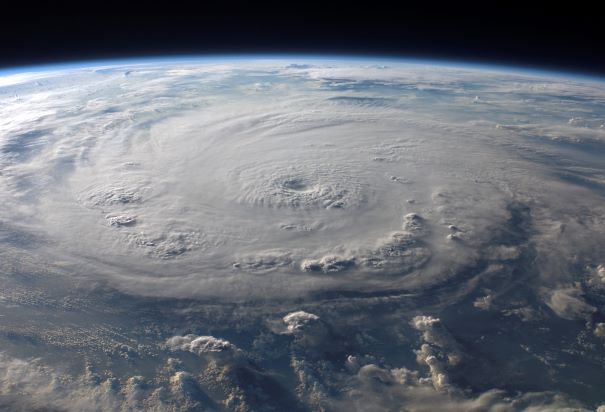
It’s hurricane season – are you ready?
Here is Coastal Louisiana we are no strangers to hurricanes. Many residences of New Orleans have experienced the destructive power of hurricanes directly or certainly know someone who has. Every potential major storm should be taken seriously, and this storm season presents the additional challenge of an ongoing global pandemic. Be sure to consider how COVID-19 may affect your plans. Keep in mind that your best protection from the effects of a hurricane may differ from your best protection from diseases, namely coronavirus disease 2019 (COVID-19).
Make an Emergency Plan
Make sure everyone in your household knows and understands your hurricane plan. Discuss the latest Centers for Disease Control (CDC) guidance on Coronavirus (COVID-19) and how it may affect your hurricane planning. Don’t forget a plan for the office, kids’ daycare, and anywhere you frequent.
Know your Evacuation Zone
You may have to evacuate quickly due to a hurricane. Learn your evacuation routes, practice with household, pets, and identify where you will stay.
- Follow the instructions from local emergency managers, who work closely with state, local, tribal, and territorial agencies and partners. They will provide the latest recommendations based on the threat to your community and appropriate safety measures.
- Due to limited space as a result of COVID-19, public evacuation shelters may not be the safest choice for you and your family. If you don’t live in a mandatory evacuation zone, make a plan to shelter in place in your home, if it is safe to do so. If you cannot shelter at home, make plans to shelter with friends and family, where you will be safer and more comfortable.
- Note that your regular shelter may not be open this year. Check with local authorities for the latest information about public shelters.
- If you must evacuate to a public shelter, try to bring items that can help protect you and others in the shelter from COVID-19, such as hand sanitizer, cleaning materials, and two masks per person.
- Review the CDC’s guidelines for “Going to a Public Disaster Shelter During the COVID-19 Pandemic.”
Those with Disabilities
If you or anyone in your household is an individual with a disability identify if you may need additional help during an emergency.
Prepare your Business
Make sure your business has a continuity plan to continue operating when disaster strikes.
Recognize Warnings and Alerts
Have several ways to receive alerts.Download the FEMA app and receive real-time alerts from the National Weather Service for up to five locations nationwide. Sign up for community alerts in your area and be aware of the Emergency Alert System (EAS) and Wireless Emergency Alert (WEA)- which requires no-sign up.
Sign up for email updates and follow the latest guidelines about coronavirus from the Centers for Disease Control and Prevention (CDC) and your local authorities to prevent the spread of COVID-19.
Review Important Documents
Make sure your insurance policies and personal documents like ID are up to date. Make copies and keep them in a secure password protected digital space.
Strengthen your Home
Declutter drains and gutters, bring in outside furniture, consider hurricane shutters.
Get Tech Ready
Keep your cell phone charged when you know a hurricane is in the forecast and purchase backup charging devices to power electronics.
Help your Neighborhood
Check with neighbors, senior adults, or those who may need additional help securing hurricane plans to see how you can be of assistance to others
Gather Supplies
Have enough supplies for your household, include medication, disinfectant supplies, masks, pet supplies in your go bag or car trunk. After a hurricane, you may not have access to these supplies for days or even weeks.
- Being prepared allows you to avoid unnecessary excursions and to address minor medical issues at home, alleviating the burden on urgent care centers and hospitals.
- Remember that not everyone can afford to respond by stocking up on necessities. For those who can afford it, making essential purchases and slowly building up supplies in advance will allow for longer time periods between shopping trips. This helps to protect those who are unable to procure essentials in advance of the pandemic and must shop more frequently. In addition, consider avoiding WIC-approved products so that those who rely on these products can access them.
Categories: Blog
